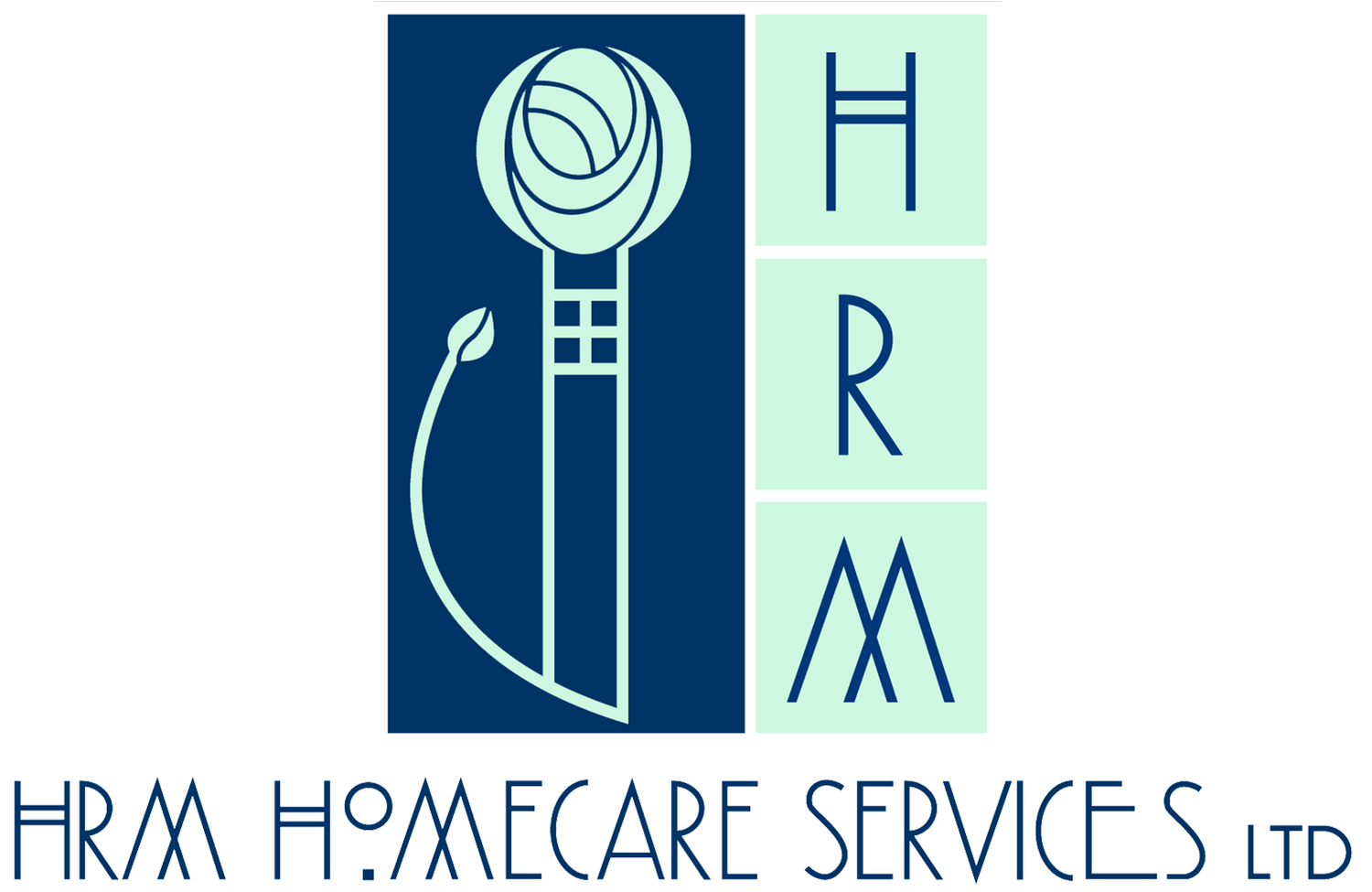Tips to keep the elderly and vulnerable people safe during a heatwave.
HRM Homecare issues top tips on how to keep elderly
and vulnerable people safe during heatwave
The managing director of HRM Homecare, one of Scotland’s leading care at home providers, has issued a list of top tips when caring for elderly or vulnerable people during the current heatwave.
Scotland is set to bask in temperatures up to around 23 degrees Celsius. Lynn Laughland says while most of us savour the sunshine and warmth, for the elderly and those with health issues a heatwave can pose a huge risk to life.
Lynn says it is crucial that people are able to recognise the symptoms of overheating, heat stroke and heat exhaustion. These include headaches, tiredness, confusion, behavioural changes, feeling sick, dizzy or weak as well as faint, muscle spasms or cramps, swollen ankles, thirstiness and dark urine.
She said: “Heat exhaustion is caused when your body cannot cool itself. It is triggered when your core temperature rises and can lead to heatstroke which is much more serious. This can spark organ failure, brain damage and in extreme cases death.
“When heatwaves occur, and it is humid as well as hot, the sweating process is slowed by the increased moisture in the air and it becomes difficult for your body to cool down.
“For those elderly people suffering from dementia, they may exacerbate the risks of suffering heat exhaustion by simply forgetting to wear lighter clothing during the hotter months or stay hydrated. Also, they may forget to wash or shower.”
Lynn’s top tips are:
1. Stay refreshed. Have regular cool showers, baths and washes to lower your body temperature. If you are planning a trip out, take damp cloths in a cool bag with an ice block. If caring for people with dementia, stay patient as they may become confused or irritated and explain why they need to shower, or cool down with a cloth.
2. Wear lighter clothing Make sure the people you care for wear looser tops, trousers and shorts, preferably made of cotton. Avoid tight clothes, and jumpers – as well as dark clothing as they can absorb the heat
3. Get some rest. While it is important to stay active, during hot periods strenuous physical activity should be kept to a minimum to avoid dehydration, which affects the body’s ability to stay cool.
4. Keep the blinds down and windows open. While it’s great to have the sunshine pouring through the window, rooms – especially in more modern buildings with good insulation – can quickly become very hot. So, keep the windows open, shut the blinds and put on a fan.
5. Eat cool, healthy food and drink plenty of water. Make sure there’s plenty of water to hand to drink, and prepare salad foods such as lettuce, cucumber as well as fruits like strawberries, melon and grapefruit. Just be careful that the loved one you care for is able to safely swallow these foods.
6. Don’t go outside during the hottest hours of the day. This is usually between 11am and 3pm. Make sure during this time you stay somewhere cool and only go outside earlier or later. If it does happen to be hotter later, then remain in your cool place.
